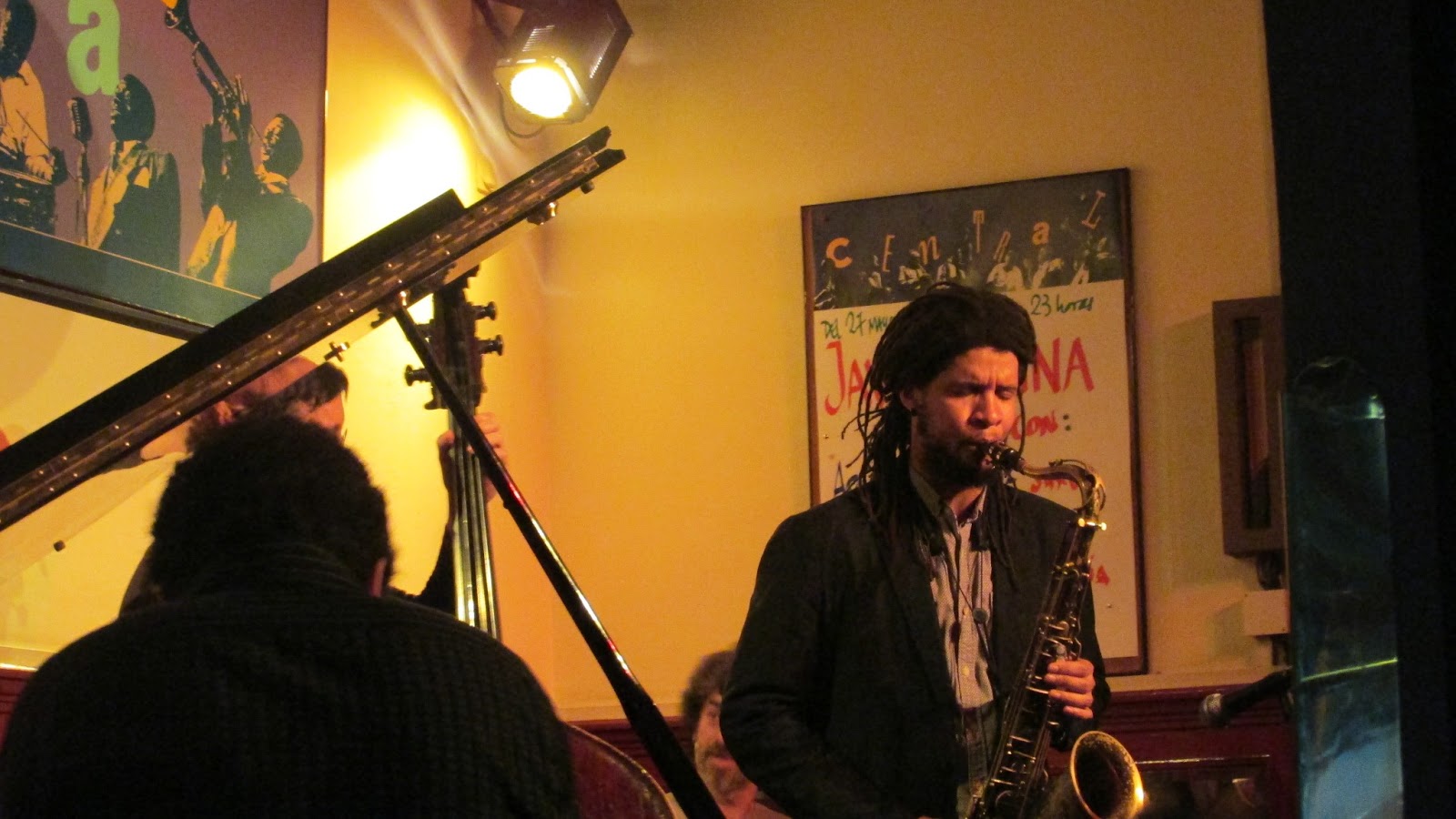It's my last day of school, and now seems as good a time as any to reflect on my first year as an auxiliar de conversación. First, what the heck does it mean to be an auxiliar (Or "language assistant", if you prefer my english title)? According to Spain's Ministry of Education:
The North American Language and Culture Assistants Program is an academic continuing education grant provided by the Ministry of Education, Culture and Sport of Spain. Thanks to this program, a large number of American and Canadian participants have the opportunity to serve as language assistants in the Spanish public school system every year, becoming teacher aides and English or French language models, as well as ambassadors to their countries in the schools where they are assigned.And more specifically:
The basic duties of the assistant are:In other words, I'm a glorified teaching assistant with a fancy title. But in all seriousness, I think the program can benefit bilingual education. In my school, all the English teachers are Spaniards with varying levels of fluency. Even those who speak well occasionally make mistakes or consult me on some minor preposition/coloquial expression/etc. It's the stuff you take for granted as a native speaker, and the stuff that drives me nuts as someone learning a new language. In a country that dubs everything (a rant for another day), it's useful for the students to actually hear spoken English. I've seen first-hand how the students with constant exposure to the language pick it up much faster than the students who merely translate Spanish to English.To assist the regular staff at classTo conduct conversation classes in the foreign languageTo supplement the classes with exercises in reading, dictation and oral compositionTo give pupils an insight to the way of life in his/her country.To prepare material.Assistants may also be asked to participate in extra-curricular activities such as workshops, field trips, music and theatre performances, or sports events.
Supposedly my presence has helped the students, at least according to one teacher. The first graders whom I've worked with all year seem to have a higher level than those with whom I've only taught art once a week. And despite my constant grumblings to family, friends, and complete strangers on the metro (kidding!), I actually like my job. I'd never thought of teaching as a legitimate field for me (I'm an introvert. Being around lots of strange people makes me nervous), but I'm starting to reconsider it. I like feeling like a rockstar in the halls, where the students go out of their way to shout your name and say hello. I like how easilly those little monsters dole out compliments (Wore a dress today? "TEE-CHAIR, JOO ARE BEDDY BEYOOTEEFUL!"). I like imagining I'm Bill Nye the Science Guy as I explain magnets to 2nd graders.
 |
| By Bill Hrybyk, NASA Goddard Space Flight Center [CC-BY-2.0 (http://creativecommons.org/licenses/by/2.0)], via Wikimedia Commons |
1. Discipline: Oh goodness, I knew this would be my biggest challenge as a teacher. I am terrible at being tough on people. Technically, as a language assistant we aren't "supposed" to discipline the students anyway. In theory, it's supposed to build confidence between the assistant and the students. See guys? We aren't the big, bad teachers! What really ends up happening:
 |
| Source |
2. Creativity: My job this year mostly consisted of asking the same series of questions. Over and over. Forever. "How are you?" "How old are you?" "Do you live in a house or in a flat?" "Have you got any brothers and sisters?"
It was great practice for the kids, and all of the 2nd graders passed their Trinity exams, but it was absolutely maddening. I was an English robot, who spat out the same thing everyday. It's not something I have control over. If a teacher says you've got to prepare the students for an oral exam, welp, you've got to prepare them for the oral exam. I just accepted my fate and went the easy route of rinse and repeat. But, given a bit of advanced prep, I possibly could have integrated games or changed the routine a bit for each round of questions. Yes, I'd still be doing the same thing for every student 25 times, but it's better than doing the same thing for MONTHS. At least I'd feel like I'd put some personal touches on the assisgment.
3. More cultural activities: OK, maybe I don't have control over this either, but we didn't really do much to introduce American culture in the school. I gave one class presentation about the importance of Thanksgiving and pumpkin-flavored everything, and that was it. I get it, teachers are busy with their curriculum, but I never bothered to come up with new ideas for fun class activities. Oscars awards? Valentine's Day cards? Make a turkey with your hand? Edu-tainment at its finest.
4. Positivity: I became pretty grouchy over the course of the year (possibly from the repetition), and I shouldn't have let that happen. I didn't show it to the kids, but I was increasingly frustrated with the job. I found it easier to complain rather than look for solutions. For example, I had a two-hour lunch break every day. It was too short to go home, but so long that I found myself gradually losing motivation to return to work for only two more classes. I get it, the lunch break sucks. Students can't focus after. Teachers are tired. A short work day is extended by two hours. But I can't change that. However, I can use that time for productive things. Read a book, go for a jog, prepare private classes. Anything is better than sitting around and whining about it.
One year down. Bring it on, 2013-2014.
 |
| Source |




















